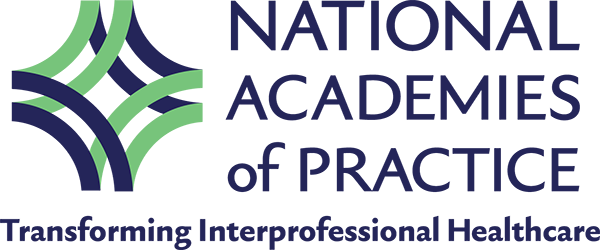|
|
| Academy Chair | Academy Chair-Elect |
|
|
|
Respiratory Care's Scope of Practice and Role
in Interprofessional Healthcare
What is Respiratory Therapy?
Respiratory Therapy is a specialized healthcare field where practitioners are trained in to provide diagnostic and therapeutic interventions for people suffering from cardiopulmonary diseases across the lifespan. Respiratory therapists provide direct patient care in a variety of health care settings including, but are not limited to, acute care hospitals, long-term acute care hospitals, home care, pulmonary rehabilitation, sleep centers, and physician offices. Respiratory therapists typically are involved in the following:
- Interview and examine patients with cardiopulmonary disorders.
- Consult with physicians about patients’ conditions and make recommendations on developing treatment plans.
- Collaborate with other health care professionals in interprofessional team rounds for planning and decision-making regarding patient care.
- Perform cardiopulmonary diagnostic tests.
- Treat patients using a variety of therapeutic interventions including mechanical ventilation and other life support systems.
- Evaluate patients’ response to treatments and make recommendations for changes.
- Provide patient and family education about cardiopulmonary disease and disease self-management for recovery and improve quality of life.
Respiratory therapy academic programs promote interprofessional education and collaborative practice through incorporating competencies listed in program accreditation standards that include, but are not limited to, graduates’ the ability to:
- Convey complete and accurate information about a patient’s condition to physicians and other members of the health care team.
- Maintain a climate of mutual respect and shared values when working with individuals from other health professions.
- Provide effective interprofessional communication in a variety of patient care settings including respect for patients and all members of the healthcare delivery team.
- Create a communication environment that respects diversity and cultural differences at all levels.
- Communicate with patients, families, communities, and other health professionals in a manner that supports a team approach to the maintenance of health and the treatment of disease.
- Partner with supervising physicians, health care managers, and other health care providers to assess, coordinate, and improve the delivery of health care and patient outcomes.



